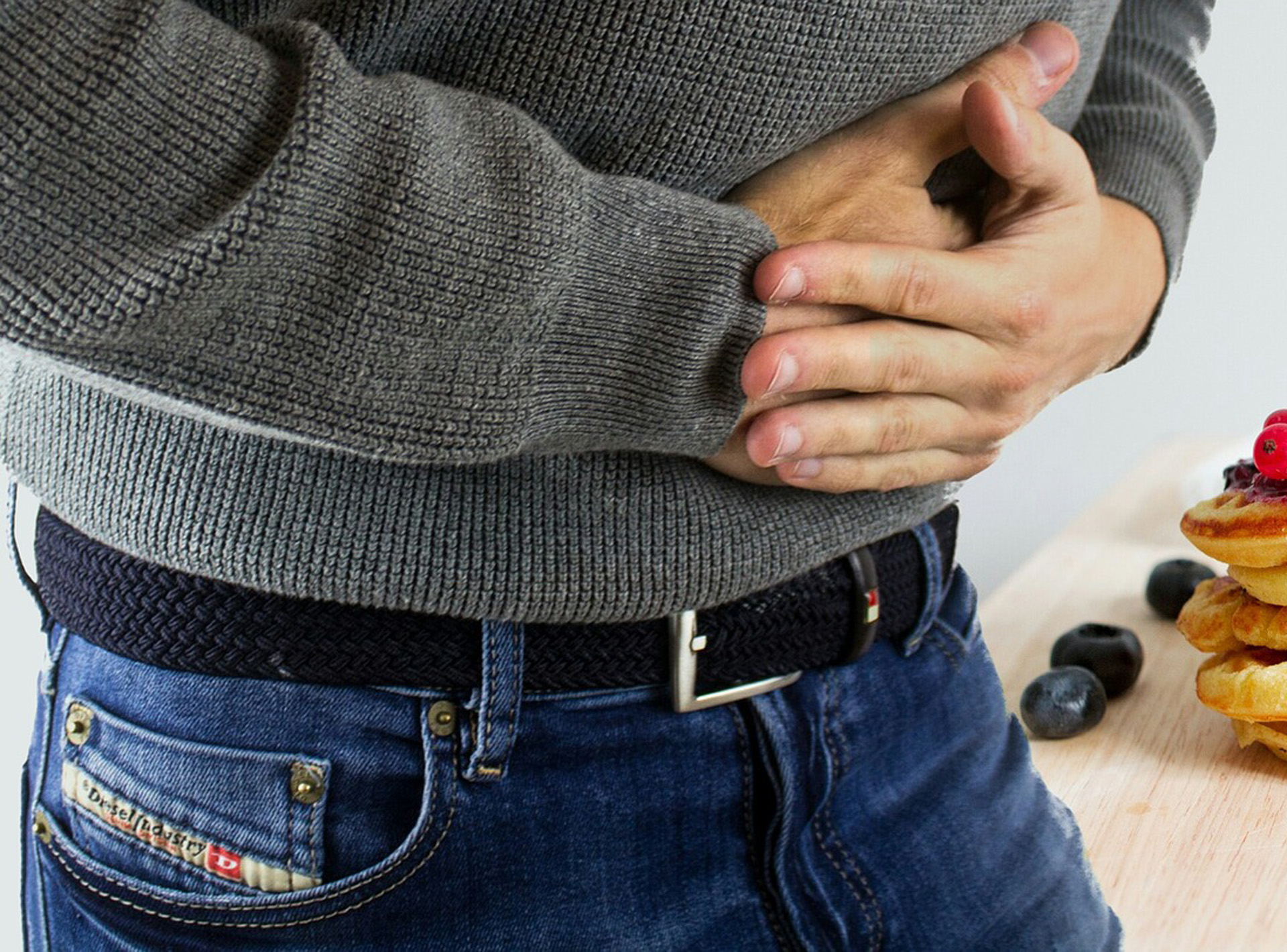 The study is currently recruiting people with IBS who follow a low FODMAP diet to join the new intervention study to assess how fibre affects gut health, sleep and mental health.
The study is currently recruiting people with IBS who follow a low FODMAP diet to join the new intervention study to assess how fibre affects gut health, sleep and mental health.
A new study from Edith Cowan University (ECU), led by Ran Yan, from ECU’s School of Medical and Health Sciences, is looking for patients who suffer from IBS. The study is testing the effect of fibre supplements on gut health, sleep and mental health.
The intervention trial is aimed at adult men and women, who:
- are 18-65 years old;
- have been clinically diagnosed with IBS and
- are following a low FODMAP diet.
The outcome of this study holds potential to develop new treatments for people with IBS.
About the science
The gut of healthy people is normally inhabited by a diverse ensemble of microorganisms, collectively known as the gut microbiota. This vast community of microbes, with trillions of members, is mostly represented by bacteria. Among these gut bacteria, some species ferment fibre, producing an important group of metabolites called short-chain fatty acids (SCFAs). These metabolites have been shown to be important drivers of gut health, sleep patterns and mental health.
People with IBS follow a low FODMAP diet, with low fibre intake, to reduce the incidence of adverse symptoms typically associated with their condition, including gut pain, bloating, constipations or diarrhea. However, following this diet on the long term may also have detrimental effects to the composition of their gut microbiota, potentially affecting their health.
People following a diet low in fermentable fibre can experience long-term detrimental changes to their gut microbiota. Studies have shown that following low FODMAP diet can rapidly and negatively change the abundance and diversity of gut microbes and reduce the levels of certain beneficial gut bacteria.
“We know that a low FODMAP diet supports symptom management of people with IBS, and despite recommendations from dietitians to reintroduce trigger foods, this does not always happen,” Ran Yan, PhD candidate at ECU’s Institute for Nutrition Research told Medical Forum.
“Therefore, the long-term effects of a low FODMAP diet on the gut microbiota and overall wellbeing is not well understood. It is hard for those with IBS to follow the diet and find a low-FODMAP high-fibre replacement. Currently, we are maintaining the benefits of low FODMAP diet, and providing a twice daily mealtime fibre supplement to improve the gut microenvironment,” she added.
About the study
The controlled double-blinded intervention study will require participants to take either an active fibre supplement, called Fibre-fix, or an inactive control as placebo, for a period of three weeks. Participants will also receive an education package, a set of scale, a stool kit and a wrist-based sleep tracker, which they should use for the duration of the study.
During the entire four weeks, participants will need to attend clinic visits at ECU Joondalup campus and complete various tasks, such as:
- provide stool and blood samples;
- complete online questionnaires relating to sleep, depression, anxiety and;
- record a 3-day food intake before and after the study;
- wear the sleep tracker on their wrist, and
- keep a bowel symptoms diary.
Following the completion of this study and the analysis of the data generated, participants will receive a copy of the personalised health report generated from their sleep, food and nutrition analysis, as well as from their body composition measurements.
If you are interested in participating or want to learn more, you can contact any of the researchers below:
Tina Yan
Telephone: 0448 264 864
Email: [email protected]
Dr Claus Christophersen
Telephone: (61 8) 6304 5278
Email: [email protected]
Dr Ian Dunican
Telephone: 0409 680 867
Email: [email protected]
Professor Amanda Devine
Telephone: (61 8) 6304 5527
Email: [email protected]
For more information visit the study website or download the information flyer available here.

